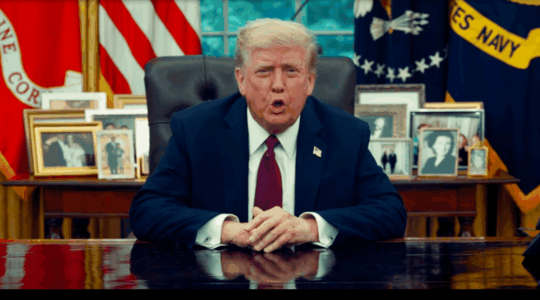American Jews are one step closer to having a Smithsonian museum dedicated to their history.
The House of Representatives unanimously approved a bill Monday to study the possibility of bringing the Weitzman National Museum of American Jewish History, in Philadelphia, under the Smithsonian umbrella.
The Weitzman, as it is known, is considered the premier museum of Jewish history in the United States and already has an affiliation with the Smithsonian. Full membership in the Smithsonian network of museums would unlock federal funding opportunities and confer additional prestige on the Weitzman.
The bill had the support of 36 Jewish groups and was co-sponsored by a bipartisan slate of 94 representatives.
Lawmakers spoke of rising antisemitism in the United States and Israel’s multi-front war in speeches ahead of the bill’s approval.
“Pervasive anti-Israel bias has infected our country. Antisemitism is on the rise and threatens the safety of all communities and institutions,” said Rep. Bryan Steil, a Wisconsin Republican. “Let me be clear, antisemitism has no place in America. Israel is in a fight for its very existence from the terrorist threat of Hamas, Hezbollah and Iran. I strongly support our ally, Israel, and our Jewish friends in the Middle East.”
The bill’s author, Rep. Debbie Wasserman Schultz, a Florida Jewish Democrat, said the elevation of the museum’s status could help in the fight against antisemitism.
“With antisemitism skyrocketing, acknowledging the past and acting to build a better tomorrow is more critical than ever,” Wasserman Schultz said. “It will take a whole-of-society effort to do this, and folding the Weitzman National Museum of American Jewish History into the Smithsonian is one step toward that goal. We must uplift Jewish stories and raise awareness of the contributions of Jewish Americans throughout our nation’s history.”
If passed by the Senate and signed by the president, the bill would establish a commission to consider transferring the museum to the control of the Smithsonian trust. Ultimately, the Weitzman would join a collection of Smithsonian museums dedicated to other minority groups including African Americans, Asian Americans, Native Americans and Latinos.
Supporters of the plan are motivated in part by the view that the official United States Holocaust Memorial Museum, adjacent to the National Mall and the Smithsonian complex, plays a critical but limited role in educating Americans about Jewish history and fighting antisemitism.
“The Holocaust describes the darkest moment in the history of the Jewish people, perhaps the darkest moments of humanity, but it does not tell people about who the Jewish people are,” said Phil Darivoff, the chairman emeritus of the Weitzman. “It does not tell the unique and joyful story of Jews in America and that is something that Americans need to understand.”
JTA has documented Jewish history in real-time for over a century. Keep our journalism strong by joining us in supporting independent, award-winning reporting.






